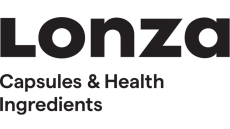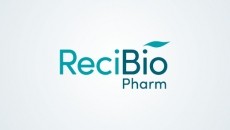Access’ oral insulin shows preclinical promise
Developing alternate routes of administration for large molecules is a potentially lucrative business for pharma, with patients keen to be free of the need for daily or weekly injections.
This is particularly true for diabetics and consequently Access has applied its cobalamin drug delivery technology to delivering insulin. Cobalamin is a vitamin B-12 analog which is used to coat an insulin-containing nanoparticle formulation.
Following oral administration cobalamin binds to intrinsic factor in the gut leading to the absorption of the nanoparticle formulation. By using this method Access claims to have recorded 80 per cent of the bioavailability achieved by subcutaneous injection.
This result has been validated by two companies that Access is collaborating with on the development of oral insulin. Having gained this data Access is now pursuing options with other companies to try to initiate a proof-of-concept in man study.
Collaborations have been a key aspect of Access’ development of cobalamin. In addition to the agreements it already has in place the company is in discussions with pharmas to apply the technology to other drug candidates.
The candidates Access has applied the technology to include an ovarian cancer treatment, currently in Phase II, and human growth hormone, which is being moved towards clinical trials.
Future collaborations could see cobalamin used to deliver small molecules, monoclonal antibodies or siRNA. Access believes the technology may be particularly beneficial as an intracellular delivering technology for siRNA as demand for B12 increases in many disease states.
However, Phillip Wise, Access’ vice president of business development and strategy, explained that while the company“continues to explore potential collaborations on multiple applications of [its] technology, [its] Cobalamin oral insulin product continues to be the focus”.






